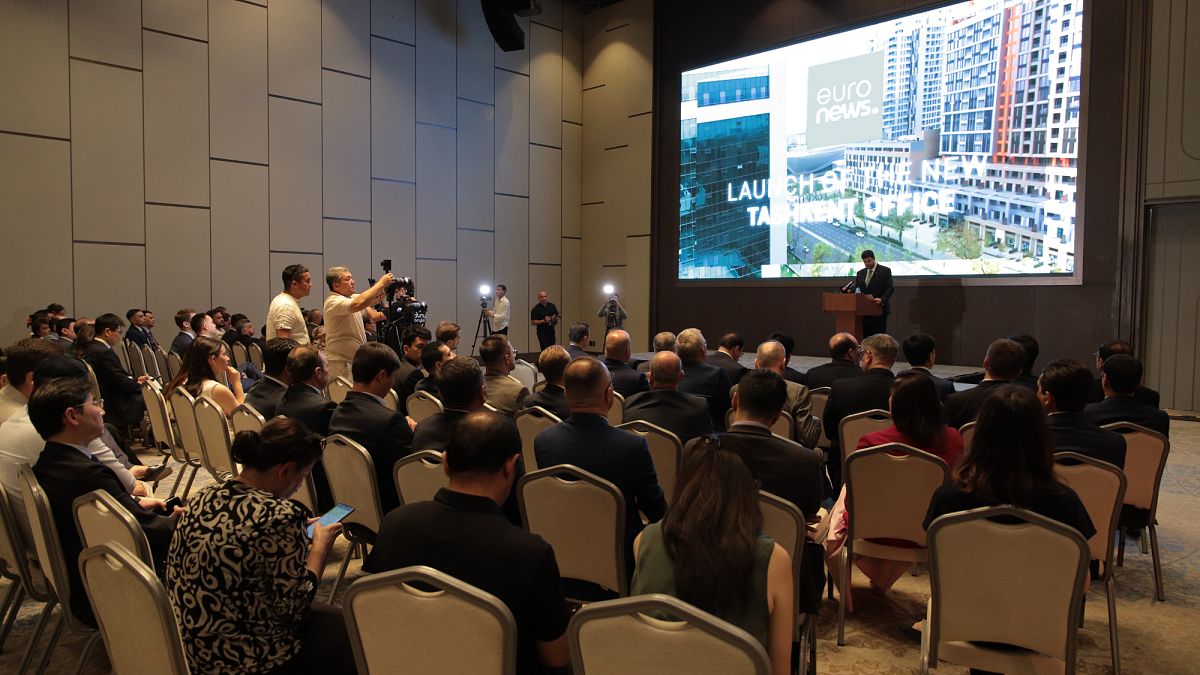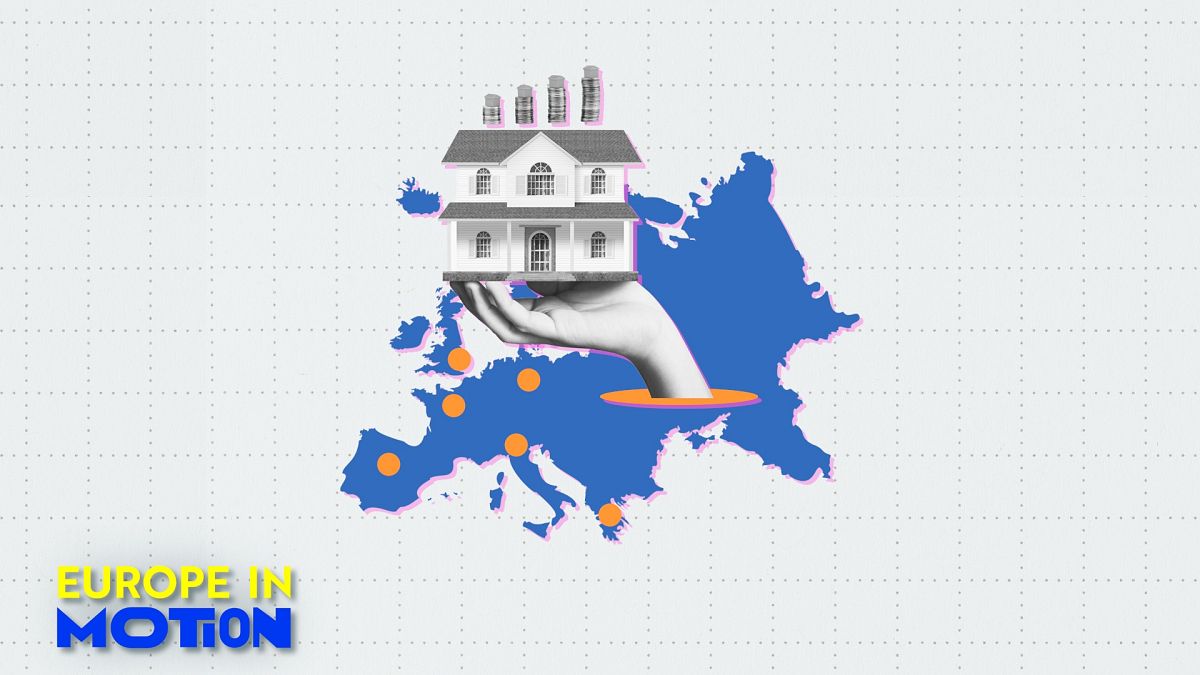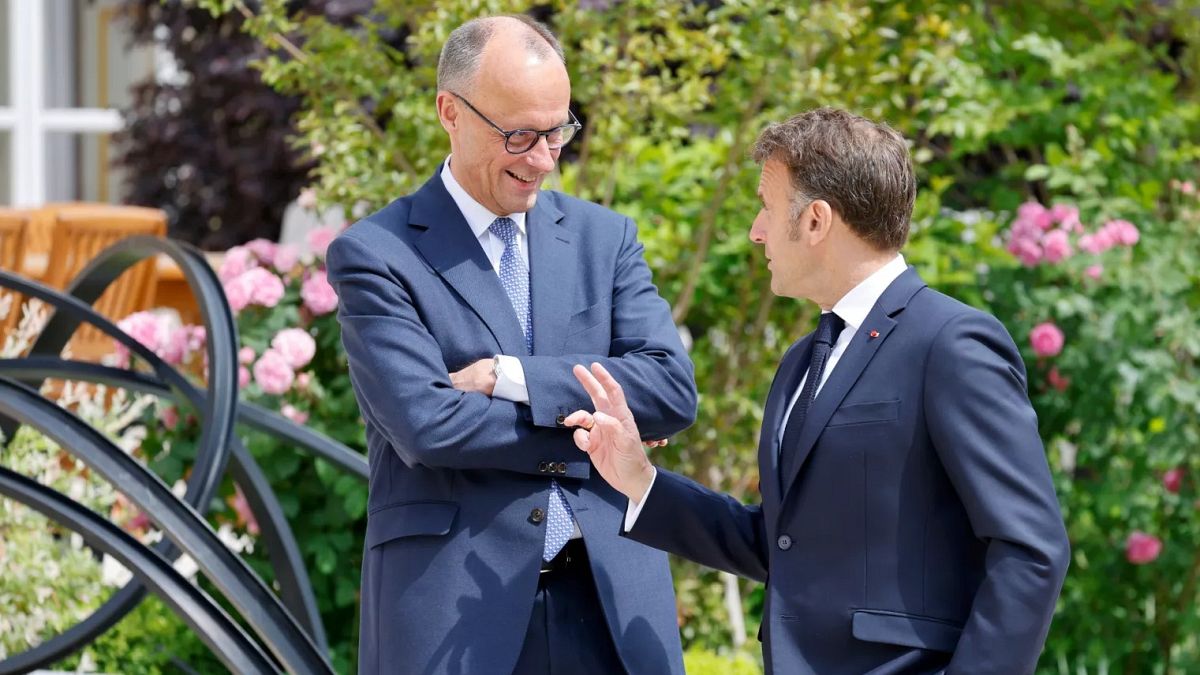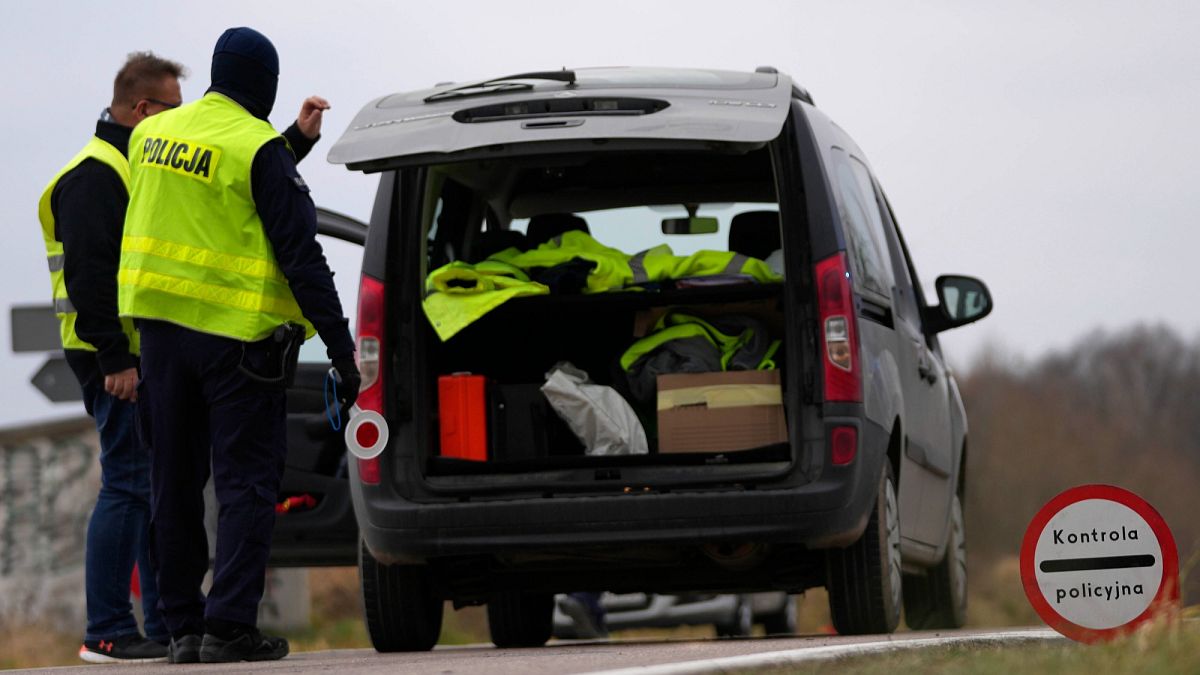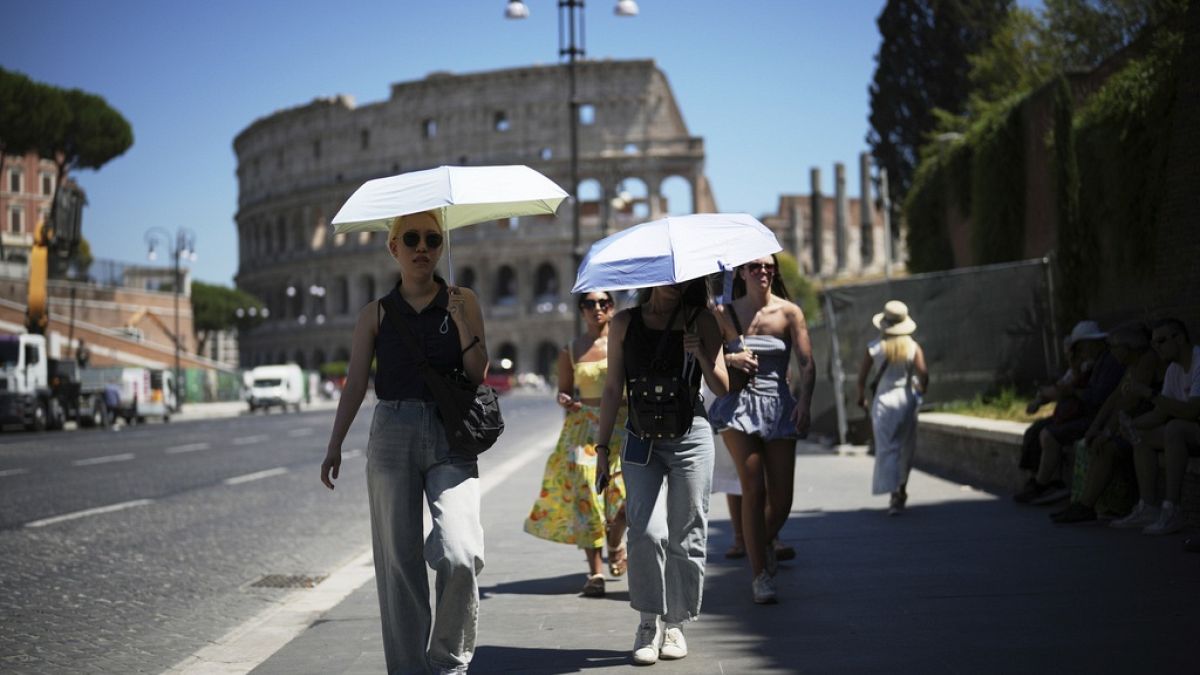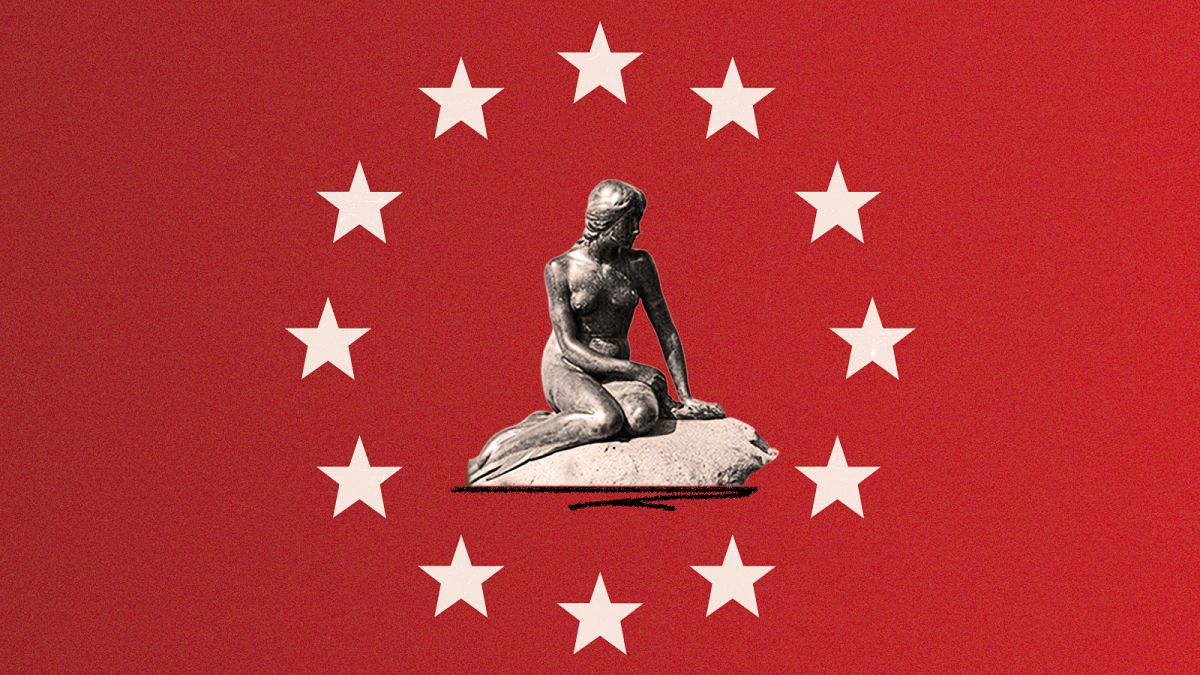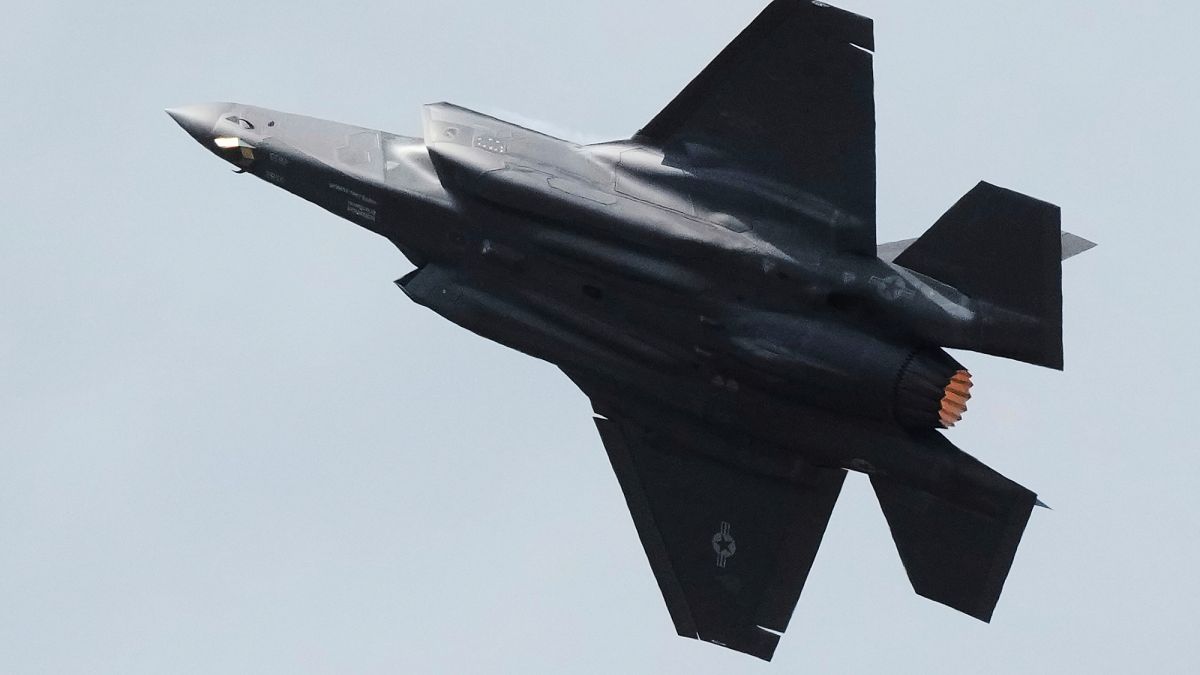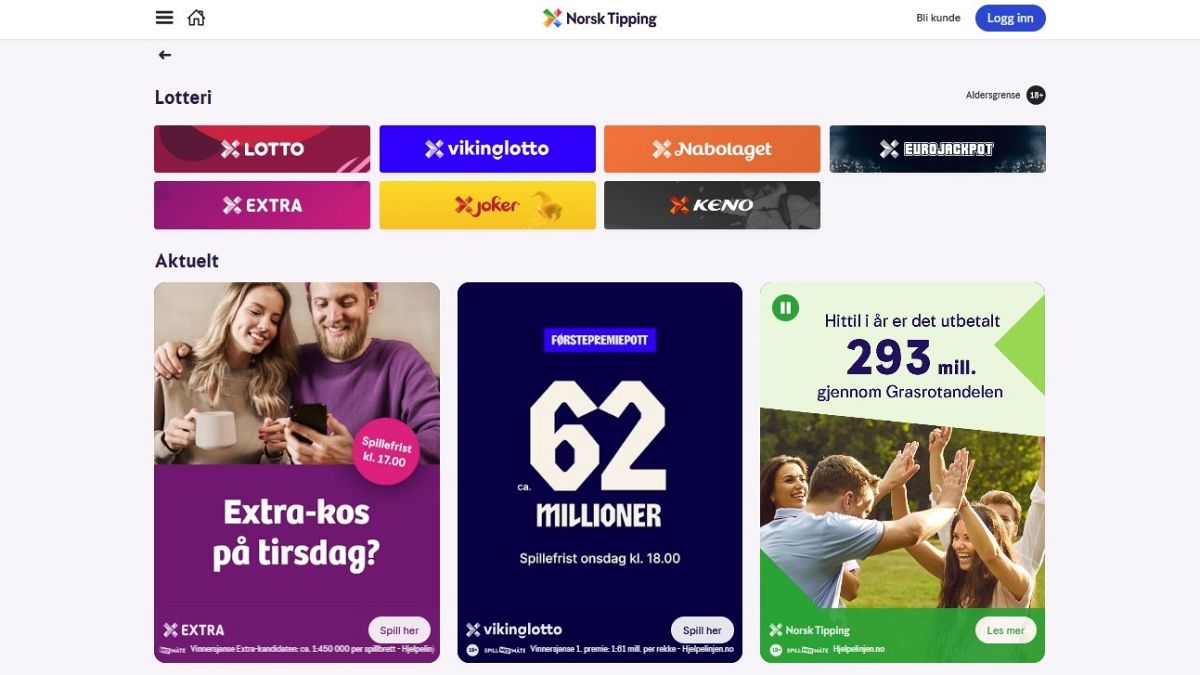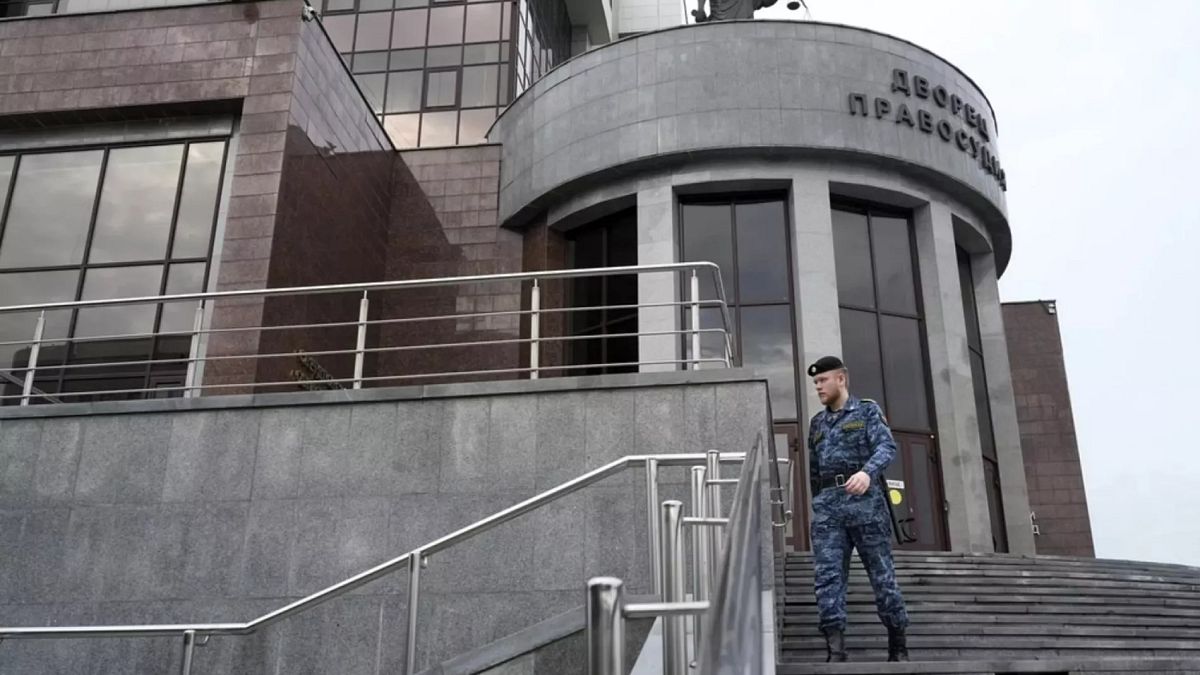As he travelled to Paris and Warsaw on Wednesday for his first official foreign trip, the new German Chancellor Friedrich Merz did not arrive in the favourable position he had hoped for.
The CDU party leader wanted to send a strong message to his partners. However, it took him two rounds of voting on Tuesday to be confirmed as head of government, a first in German political history since World War II.
As a result, Merz had to deal with a domestic crisis right before he met with his French and Polish counterparts.
The initial stumble is likely to weigh heavily on Merz’s shoulders, as he wants to bring about a shift in thinking in his country. The new German chancellor wants to make defence a priority. Since his party’s election success in February, Merz has been defending a strong Germany within a strong Europe that is more independent of the US — a break with the past for the staunch Atlanticist.
Merz’s words about dedicating more resources to defence and discussing extending France’s nuclear deterrent are sure to appeal to French President Emmanuel Macron.
“Yes, it looks promising, and it’s good news because it couldn’t be worse than between Macron and Scholz (the previous Chancellor), who didn’t get on at all well,” explains Sophie Pornschlegel, deputy director of the Europe Jacques Delors think tank.
“And so I think that with Merz, who has also said that he is going to focus more on international relations and European affairs, we are going to see a Franco-German renewal”, Pornschlegel explained.
However, at this stage, it is unclear whether Paris and Berlin can agree on joint projects or whether the aim is to promote national industry.
“The question will of course be the details, and we will have to see if France gives up being very Franco-French and really does something European, and also to see if Germany can really let go of its transatlantic tradition, which is still very strong, especially among the conservatives,” Pornschlegel added.
Relaunching the Weimar Triangle
After Paris, Merz went on to Warsaw. Once again, the gesture was powerful. Poland is the EU country that devotes the largest share of its budget to defence. This is a point on which the two leaders, who come from the same political family, can draw closer.
“Poland is a less obvious partner, I think, for Mertz, but he knows, he understands, I think, very well that it is not enough for France and Germany to lead Europe, that the situation is different, that Europe is different from what it was in the past, and that Poland is also necessary as part of this European core,” said Piotr Buras, director of the Warsaw office of the European Council on Foreign Relations (ECFR).
“The fact that he is coming to Poland on the first day of his term as chancellor is, of course, a sign of this increased interest in this bilateral relationship, and I think that he will regard Poland as an important partner on a par with France and the Weimar Triangle,” Buras added.
The Weimar Triangle is a cooperation forum created in 1991 between France, Germany, and Poland. It was created at a time when Europe was undergoing reorganisation following the fall of the Berlin Wall.
But for Buras, relaunching the European machine through this trio is too simplistic.
“I think that Merz considers France and Poland, perhaps not as equal partners, but as really important partners for Germany, but he knows that the coalitions of the willing, which will shape the future of Europe, must be more important than that”, he told Euronews.
Merz’s agenda underlines his desire to work at the EU level. On Friday, he will meet the presidents of the European Commission and the European Council, Ursula von der Leyen and Antonio Costa.

